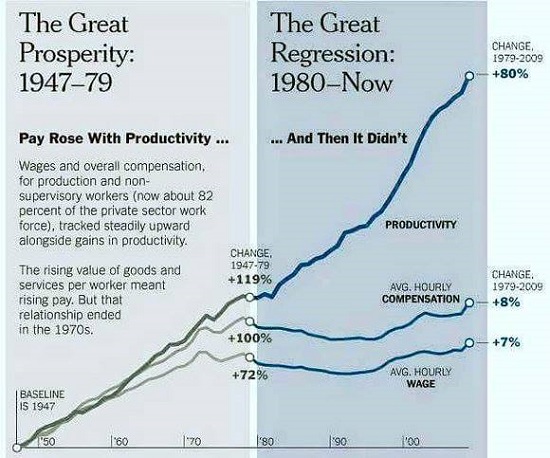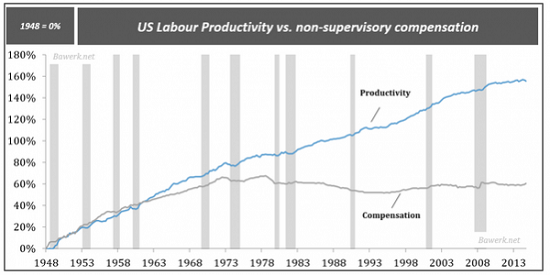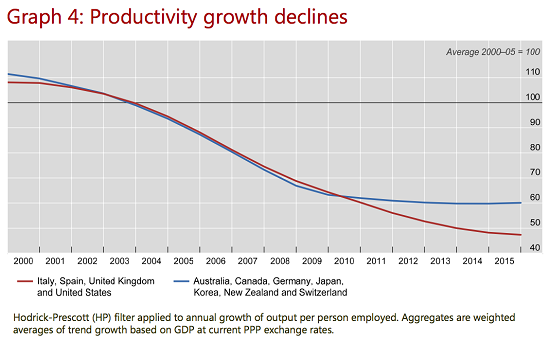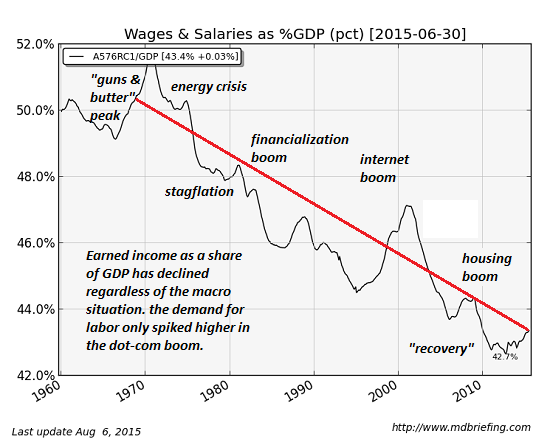J.S. Mill was an early advocate for our current view of free speech. He wrote, “If all mankind minus one were of one opinion, and only one person were of the contrary opinion, mankind would be no more justified in silencing that one person than he, if he had the power, would be justified in silencing mankind.”
Such a rule is likely rhetorically supported in many liberal democracies, and beyond as Greg Lukianoff from FIRE notes, however there exist variations to the rule. European countries permit more restriction on speech and have adopted, by convention or individually, some form of prohibition on hate speech, no longer allowing it, unlike the American system. Hate speech as a category has always been difficult to define and is hued in ambiguity, but generally, it limits speech aimed at people based on race, nationality, ethnic origin, religion, sex, and sexual orientation. The United States has advocates intent on including this as a form of unprotected speech, a category which has been previously unrecognized.
Additionally, information from Pew shows a stronger culture of free speech in the United States when compared to other regions, reflecting the few narrow exceptions to free speech legally permitted now.

Not only is the United States an exception in terms of legal protections for free speech, a product of the First Amendment, but it embraces concepts of free speech to a greater degree than most of the rest of the world. This indicates a culture of free speech which is partially rooted in the legal protections but not solely.
To further illustrate the point that the U.S. is quite exceptional in regards to free speech, consider this survey which found the U.S. at the top of 38 nations.
…click on the above link to read the rest of the article…












